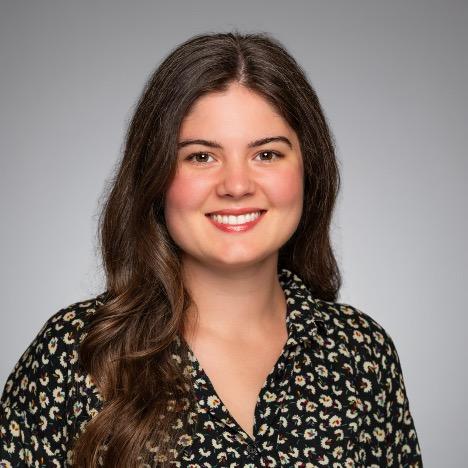Rachel Schnakenberg, a senior at The University of Texas at Austin, has been awarded a Beinecke Scholarship worth up to $34,000 for graduate study. Rachel is pursuing a Bachelor of Arts in Sociology with a minor in Educational Psychology. Her academic journey exemplifies resilience, mentorship, and vision, serving as an inspiration to future UT scholars.

The Beinecke Scholarship is highly competitive, with only 20 scholarships awarded nationally each year from 145 invited institutions. The program was established in 1971 by the Board of Directors of The Sperry and Hutchinson Company to provide substantial scholarships for graduate education of young people of exceptional promise in the arts, humanities, and social sciences.
Rachel’s path to this point was paved by her own perseverance and a strong network of support. As one of seven children raised on a farm in New Waverly, Texas, she learned early the value of hard work and discovered a passion for education. She credits the guidance and encouragement she received from her former community college, the Jack Kent Cooke Foundation, the Office of Distinguished and Postgraduate Scholarships (ODPS), the McNair Scholars program, and the incredible faculty at UT for helping her reach this achievement.
At UT, Rachel has been actively engaged in conducting research that examined "Evangelical Action and Social Networks: An analysis of Church-based Volunteerism in Rural East Texas." Her faculty advisor, Dr. Javier Auyero, noted that her project intended to examine the relationships and identities that inform civic action on the scale of disaster mitigation and recovery.
Rachel has an impressive research portfolio, including publications in Writing Across the Curriculum and presentations at conferences like the National Conference on Undergraduate Research. Her work has addressed topics from Houston-area flood responses to stigma management in liberal arts education.
“When a student breaks the Beinecke mold, it’s important. And Rachel does that literally,” said Dr. Douglas Bruster, director of UT Austin' ODPS. “She is tackling issues that affect humanity and shed light on the needs of underserved communities. Through these research experiences, she has gained invaluable knowledge, analytical skills, and experience critical to the pursuit of her professional goals.”
For Rachel, the award is both a recognition of her accomplishments and a powerful step forward. “As a first generation and non-traditional student, I am excited and grateful for the opportunity this scholarship gives me to make a graduate degree more achievable,” she says. Her dream? To become a professor. “I am passionate about both research and teaching, and I look forward to earning my Ph.D. in Sociology as an opportunity to realize both dreams.”
Beinecke scholars are chosen based on their superior standards of intellectual ability, scholastic achievement, and personal promise during their undergraduate career. Recipients receive $5,000 before entering graduate school and an additional $30,000 once enrolled, with no geographic restrictions on the scholarship's use.
Students interested in learning more about the Beinecke Scholarship and other prestigious opportunities are encouraged to visit the Office of Distinguished and Postgraduate Scholarships website or attend one of their information sessions held throughout the academic year. ODPS provides guidance to students applying for prestigious scholarships and fellowships, helping them navigate complex application requirements and prepare competitive materials.
The Office of Distinguished Postgraduate Scholarships supports UT Austin students in pursuing nationally competitive scholarships, fellowships, and other prestigious opportunities. For more information about their services and upcoming events, visit their website or stop by their office in Room 18C in the Carothers Building.

